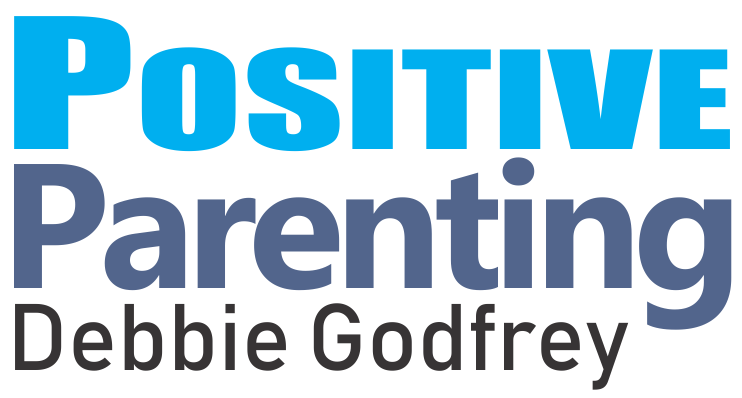Three Year Olds: ‘Live the Magic of the Terrific Threes!
Turning three is a really big milestone – not only on their part, but on the part of their parents as well. Though there is much said about the terrible twos, the third year of life can be just as magical, as well as met with some growth and challenges. Three year olds are inquisitive wanderers, avid newcomers, and living bundles of endless imagination. There is a myriad of choices to exercise their young personalities and ensure that they get to enjoy (little, yet important) accomplishments.
In this article, we are going to take an eye into why the terrific threes are so terrific, and what you can do to help it be a wonderful period of childhood.
1. The Magick of Turning Three
At the age of three times, children undergo a rapid development in nearly all aspects, such as language, motor skills, emotional awareness and social awareness. It is the time when they become more independent but also need your advice and support.
- The following changes are some of the wonderful changes you will notice as your child turns three years:
- Developing vocabulary They become able to express their ideas more efficaciously and build up small sentences.
- Enhanced dexterity Jumping, climbing as well as running will be a second nature.
- Becoming more inquisitive As soon as they get a question, it is one which proves their interest in learning.
- The blooming imagination Play pretend becomes a day-to-day adventure
- These are magic milestones that cause the age of a child at three to be memorable in its early development.
2. Developmental Psychology (schedule dangerous):
By now the child is three years old and starts to comprehend emotions, both their own and the ones of other people better. You should be able to observe these traits as well in your child when s/he becomes empathetic, shares toys, and attempts to console someone expected. Nevertheless, the mood swings and tantrums are not gone, and they continue learning how to handle overpowering emotions.
To assist them in their emotional and social growth:
- Ask them to have playdates to learn how to share and collaborate.
- Label emotions in everyday conversation I can see you are happy/sad/frustrated.
- Historical digression or use of stories and role-plays can teach about being kind and solving problems.
- By making them understand their feelings at the moment, the child will have a strong foundation to base future relationships and emotional stability.
3. Fostering Independence
The fabulous threes introduce a new fad of independence. Your child might demand that she/he dresses up him/herself, makes him/her own food, or decides what to play. It is a necessary aspect of their growth although it can sometimes push your patience to your limits.
Stimulating healthy independence: a few hints:
- Say plain things: ”Do you want the blue shirt or the red one?”
- Engage them in helping you with some simple tasks at home including tidying the house away or setting the table.
- Provide secure chances of problem solving and decision making.
- This increases their confidence and self-esteem since you make them feel in control.
4. Stimulating Creativity and Imagination
The only thing which is typical of three-year-olds, is their unbelievable imagination! Whether it be pretending to be superheroes, or tea parties with stuffed animals, it is a time to explore ideas.
Some of the ways to do that are to nurture their creativity.
- Read stories about pretend play with pretend toys and dress-up clothes or toy kitchen.
- Use open ended materials such as crayons, clay and paper.
- Show some interesting things in order to make them read ahead and ask questions to guess the development of events.
- Imaginative play promotes creativity, as well as develops problem-solving and language skills.
5. Tips on Parenting: Three is precisely the Terrific Threes
Parenting a three year old can be at best, like a rollercoaster; however, when embracing the magic of this stage the experience can be rewarding and fun too. The following tips are practical ones:
- Be predictable: Tantrums and power struggles are part and parcel of this age.
- Implement soft rules: Consistency is what helps a child to feel safe and invited to rules.
- Be positive: Cheer every new word, skill and milestone.
- Communicate: Talk to each other on a regular basis and find time to interact through plays or read.
Just keep in mind that your attention and support are important factors helping your child to gain confidence and become happy.
Conclusion
The age of three is such a superb age as this is a wonderful transitional phase fringed with laughs and enthusiasm and unlimited vigor. As much as there are difficulties in raising a three-year-old, joy peaks as the small one develops into his or her own person. Embrace their need to become independent, get imaginative, and explore their emotions, and you will have the best years ever in your life.
